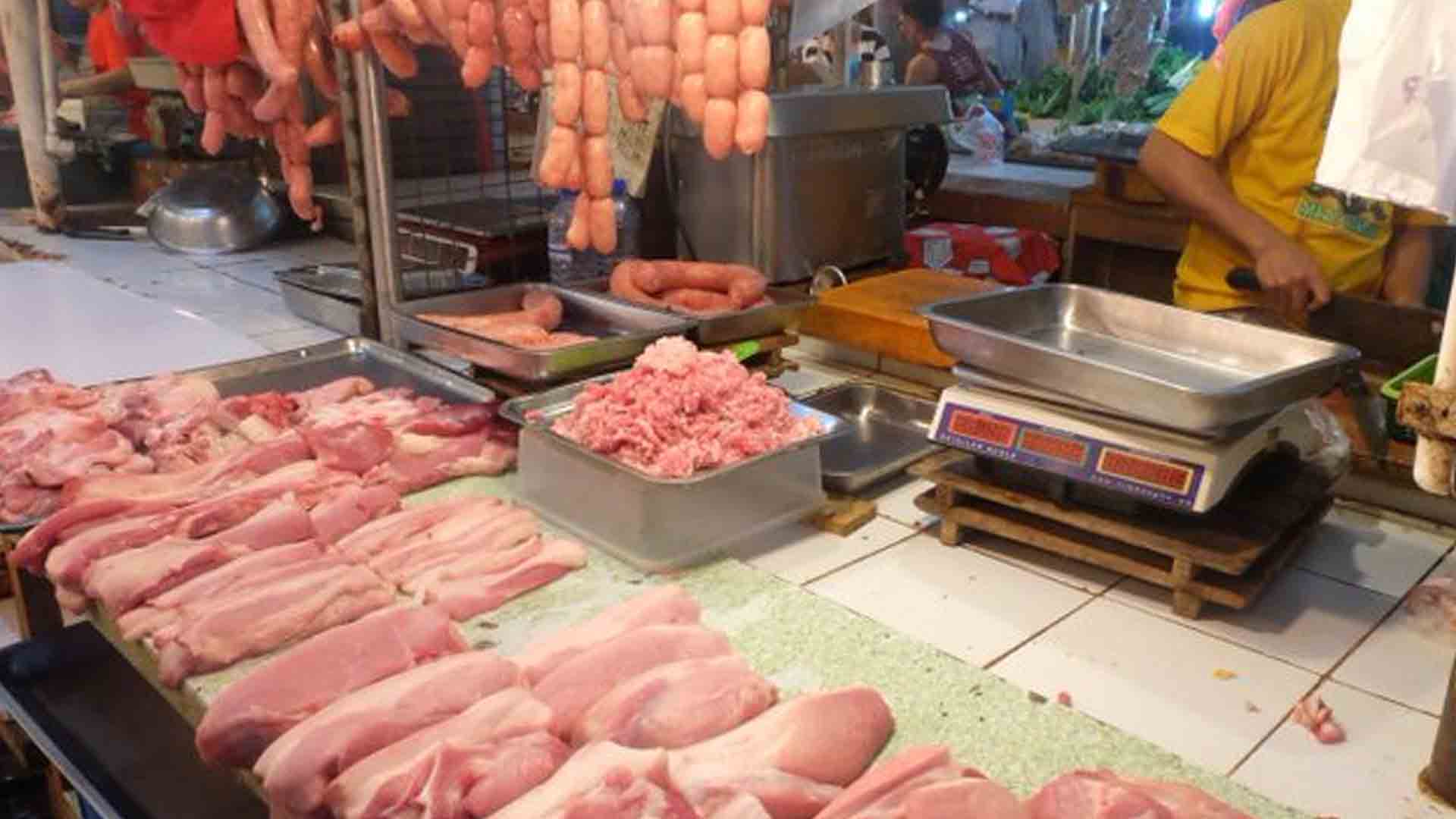Senator Christopher “Bong” Go lauded President Rodrigo Duterte for issuing Executive Order 124 which seeks to curb the rising prices of pork and chicken products by imposing a price ceiling.
Upon Go’s appeal and based on the recommendation of the Department of Agriculture (DA), the price ceiling will be implemented within the National Capital Region (NCR) for 60 days.
“Huwag po natin hayaan na may mamamatay sa gutom. Kaya hinihikayat ko ang mga kasamahan ko sa gobyerno na gawan ng paraan at magtulungan para sa kapakanan ng mga Pilipinong hirap na hirap na talaga. Pagaanin natin ang kanilang pinapasan at huwag natin silang mas pahirapan pa (Don’t let anyone die of hunger. I urge my coworkers in the government to help Filipinos who are suffering due to pandemic),” Go said on Monday.
Under Section 7 of Republic Act 7581 or the Price Act, the President, upon recommendation of an implementing agency, such as the Department of Agriculture, may impose a mandated price ceiling over any basic necessity or prime commodity under circumstances causing an unreasonable increase in the price of such goods.
“Kinokomendahan ko po ang pag-issue ng Pangulo ng EO na ito upang itigil ang tuluy-tuloy na pagtaas ng presyo ng pagkain. Kailangan natin itong solusyonan lalung-lalo na sa panahon ngayon na marami pong mga kababayan natin ang nawalan ng trabaho (I commend the President for issuing the EO to stop the rising prices of basic food. We need this solution during this time that many of our countrymen lost their jobs),” Go said.
Go said due to loss of livelihood, many Filipinos don’t have enough money to buy food, and it is even more difficult for them to buy because of the increasing prices.
Under the EO, the price ceiling will remain in full force and effect for 60 days, unless extended by Duterte upon the recommendation of the DA.
Meanwhile, the Office of the Executive Secretary said that the price ceiling will not result in the undue diminution of meat traders’ expected income considering that the reduction rates are not greater than 25 percent of the prevailing market price. Notably, the break-even point for selling pork is only around PHP105.
The National Agriculture and Fisheries Council (NAFC) also expressed its support for the price ceiling as reflected in a resolution. The NAFC resolution signified that the price ceiling bears the support of various stakeholders, including those from the private sector.
The imposition of a price ceiling seeks to ease the adverse impact of coronavirus disease 2019 (Covid-19) and ensure that pork and chicken remain affordable and accessible to the public, and prevent unwarranted price manipulation.
Such measure is likewise consistent with Resolution No. 33 (s. 2020) of the Inter-Agency Task Force for the Management of Emerging Infectious Diseases, which seeks to ensure availability, accessibility, affordability, and price stability of food products during the Covid-19 pandemic.
Notably, the pandemic and the reduced local pork output due to the outbreak of African swine fever (ASF) have significantly affected the supply and prices of pork and chicken in various parts of the country.
To control the outbreak of ASF, the DA implemented the following measures: provision of financial assistance to hog raisers affected by the ASF; the depopulation of affected hogs; surveillance activities and border control; heightened implementation of the Bantay ASF sa Barangay (BABAY ASF) program; and stakeholder engagement and consultation.
Meanwhile, as means of ensuring the adequacy of pork supply, the DA also proposed increasing its Minimum Access Volume (MAV) of its meat import allocation from 54,000 metric tons (MT) to 162,000 MT.
Go has been prodding the government to prioritize three important aspects towards full recovery — address hunger; acquire sufficient, safe, and effective vaccines for all Filipinos with utmost priority to the poor and vulnerable sectors as well as front-liners; and provide more economic opportunities through jobs and other forms of livelihood. (PNA)








